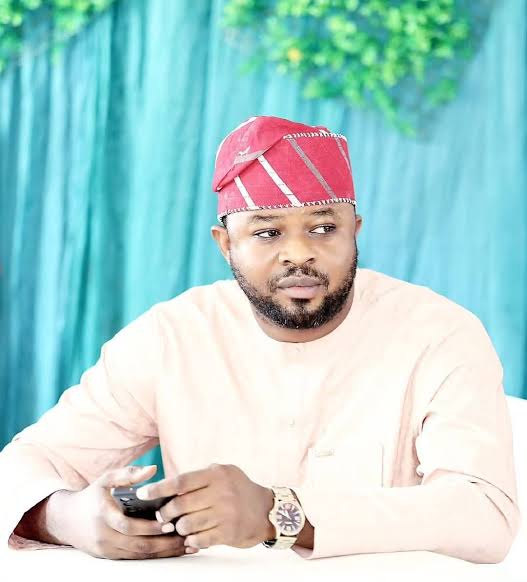In the realm of local politics, the dynamics of ambition, loyalty, and party allegiance often intertwine to shape the course of elections. The upcoming council election in Agege Local Government, Lagos State, provides a compelling illustration of these forces at play. Mr. Oluwagbenga Abiola, the incumbent Vice Chairman and a prominent aspirant for the chairmanship, has publicly embraced the All Progressives Congress (APC)’s decision to nominate Abdulganiyu Obasa, the son of the influential Speaker of the Lagos State House of Assembly, Mr. Mudashiru Obasa, as the party’s flagbearer. This decision, stemming from a consensus among Agege stakeholders, underscores the intricate interplay of power and deference within the political landscape.
Abiola’s unwavering loyalty to both the party and Speaker Obasa stands as a central theme in this political narrative. His deference to the party’s choice, despite his personal aspirations, reflects a deep-seated respect for the established political hierarchy. This act of allegiance underscores the importance of party unity and the recognition of the Speaker’s significant influence within the APC structure in Agege. Abiola’s decision to withdraw from the race can be interpreted as a strategic move to maintain his standing within the party and preserve his future political prospects. By aligning himself with the party’s preferred candidate, he reinforces his commitment to the APC’s goals and strengthens his bond with the Speaker, a key figure in his political trajectory.
Abiola’s political ascent has been closely intertwined with Speaker Obasa’s patronage, a relationship that has significantly shaped his career. From his appointment as Special Assistant on Media in 2015 to his subsequent roles as Sole Administrator, Secretary to the Local Government, and ultimately Vice Chairman, Abiola’s rise through the ranks can be attributed to Obasa’s backing and the party’s support. This history of mentorship and sponsorship underscores the strong bond between the two figures and explains Abiola’s deference to the Speaker’s wishes. His acknowledgement of Obasa’s pivotal role in his political development reinforces the narrative of loyalty and mentorship that underpins their relationship.
The decision to field Abdulganiyu Obasa as the APC candidate emerged from a meeting of Agege stakeholders, who urged the Speaker to allow his son to contest the election. This move, presented as a recognition of the Speaker’s longstanding contributions to the community, highlights the weight of his influence within the local political sphere. The stakeholders’ appeal suggests a desire to honor Obasa’s legacy and potentially secure his continued support for Agege’s development. By endorsing his son’s candidacy, the stakeholders effectively solidify their alliance with the Speaker and position themselves to benefit from his continued political clout.
While acknowledging his personal ambition to become Chairman, Abiola emphasized his commitment to the party’s collective decision. He portrayed his withdrawal from the race not as a defeat, but as an act of deference to the party’s will and a demonstration of his loyalty to its leadership. This narrative allows him to maintain a positive image within the party and avoid any perception of dissent or disloyalty. By framing his decision as a selfless act of service to the party, Abiola reinforces his commitment to the APC’s success and positions himself for future opportunities within the political structure.
Looking ahead, Abiola expressed confidence in Speaker Obasa’s leadership and anticipation of future opportunities to serve. His continued support for the party and his commitment to ensuring its victory in the upcoming election demonstrate his dedication to the APC’s cause. By directing his youth alliance, the Obasa Youth Alliance, to support Abdulganiyu Obasa’s candidacy, he further solidifies his alignment with the party’s chosen path. This strategic move not only reinforces his loyalty but also positions him favorably for future consideration within the party’s hierarchy. Abiola’s narrative emphasizes his belief that his political journey is far from over and that greater responsibilities may await him in the future. His decision to step aside in the current election cycle, while seemingly a setback, could ultimately be a strategic maneuver that strengthens his long-term political prospects.














